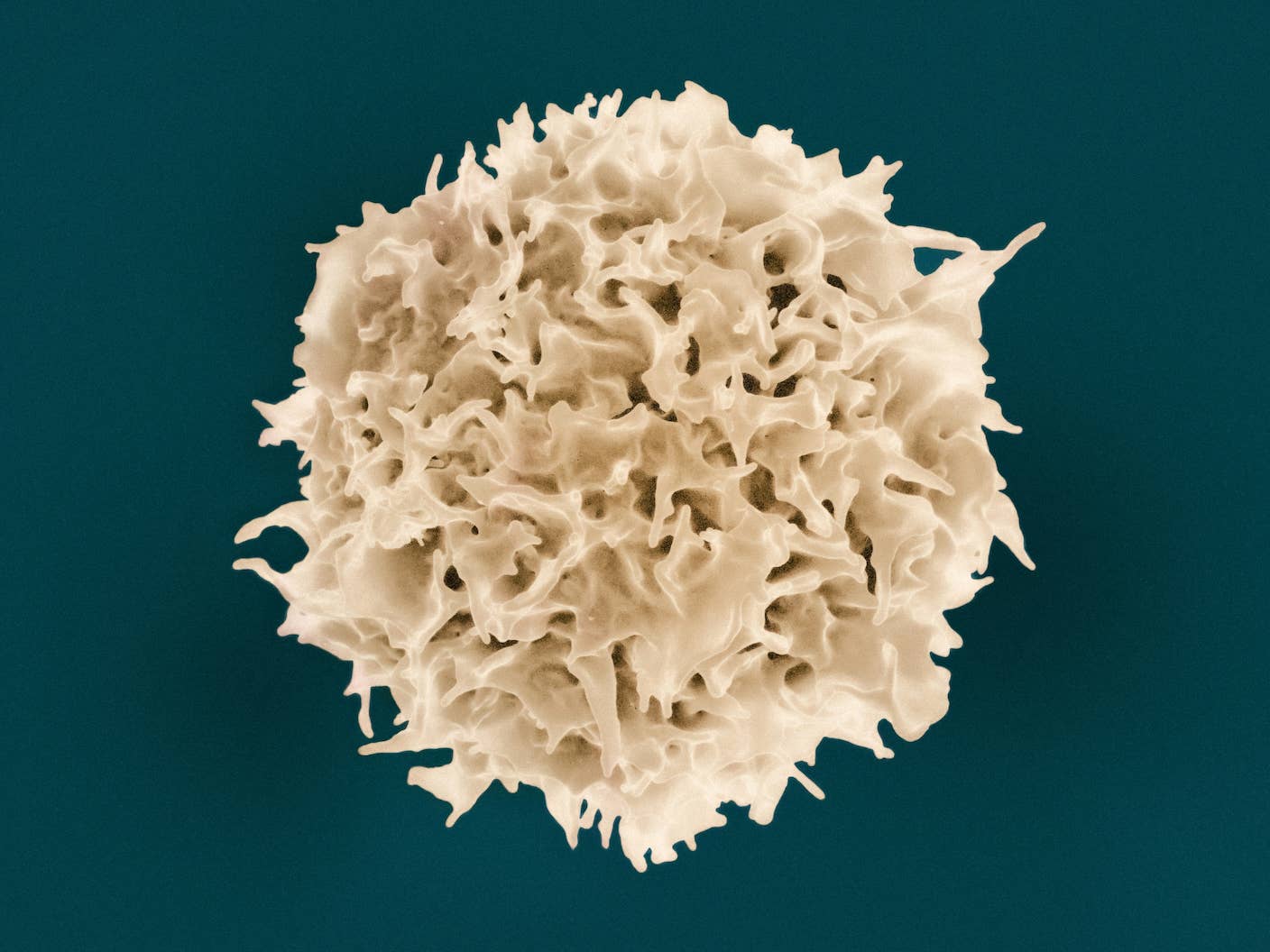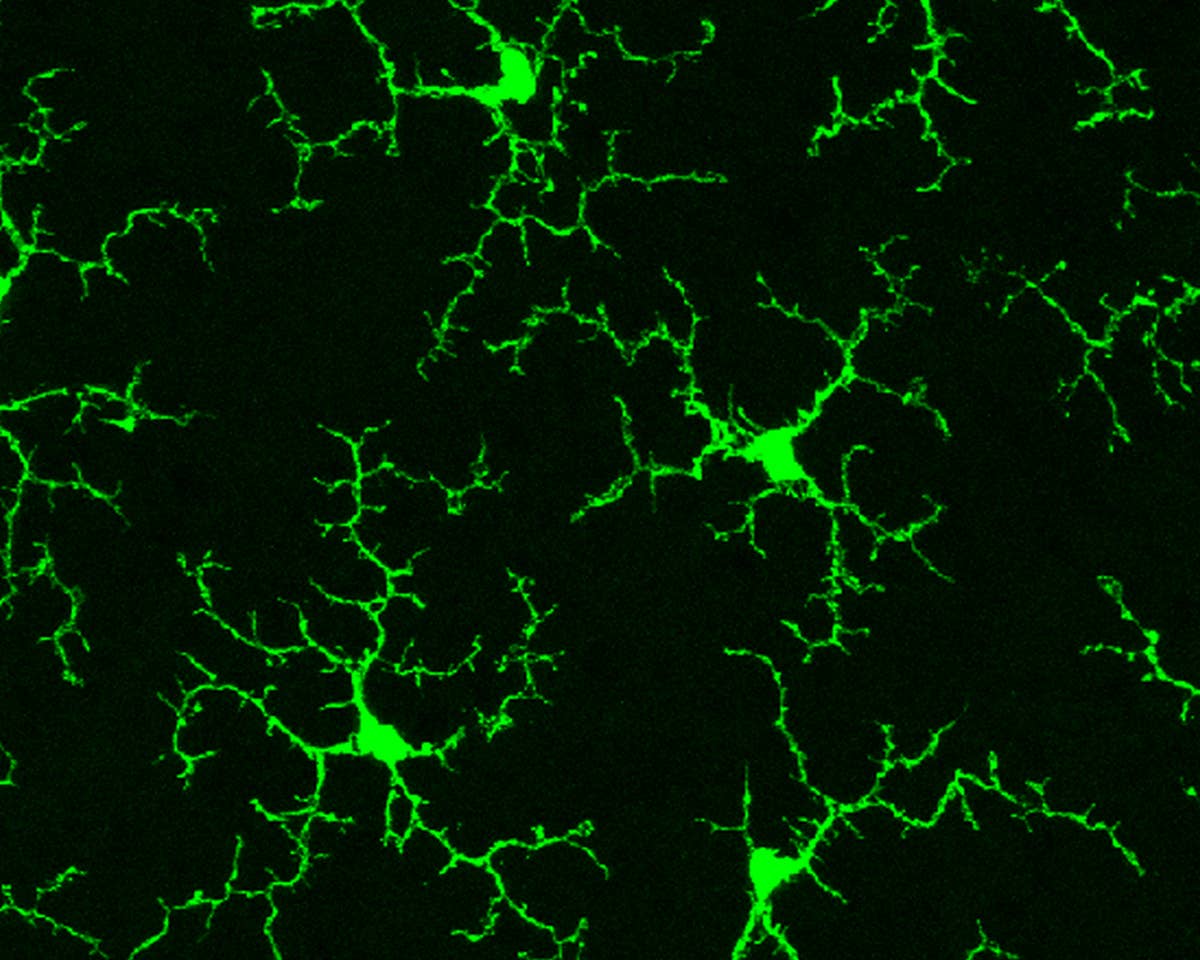Get Your Entire Genome From Complete Genomics For $5000

Share

Complete Genomics is pushing down the costs of sequencing the human genome.
It's getting progressively cheaper to sequence your entire genome. Earlier in June, Illumina announced it would provide sequencing for close to $50k, half of their original price. Not to be outdone, Complete Genomics just released on Monday that it had gathered $45 million dollars in funding. The Silicon Valley based company is planning to use that money to further develop their streamline sequencing operations so that they can offer a complete genome for just $5000 by next year. CG's goal is to finish 10,000 sequences by years end 2010. Even though that's later than we had hoped, it's still a whole lot of DNA and at the cheapest price for a whole genome seen so far. The question is, can they really pull it off?
Be Part of the Future
Sign up to receive top stories about groundbreaking technologies and visionary thinkers from SingularityHub.


Related Articles

What If We’re All Martians? The Intriguing Idea That Life on Earth Began on the Red Planet

Aging Weakens Immunity. An mRNA Shot Turned Back the Clock in Mice.

Refreshing the Brain’s Immune Cells Could Treat a Host of Diseases
What we’re reading